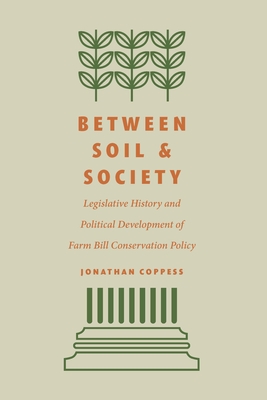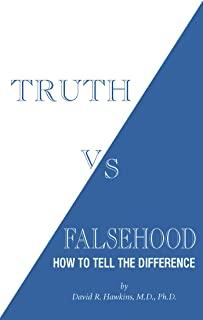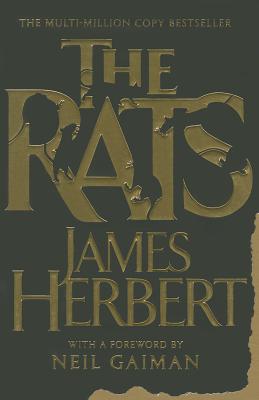
Coppess, Jonathan
product information
description
ly $5 billion each year on federal programs designed to conserve natural resources and address the environmental consequences of modern agricultural production. Like farm policy, agricultural conservation policy is rooted in the Roosevelt administration's New Deal efforts of the 1930s. Farm conservation policy has waxed and waned since then, related to fluctuating economic and environmental concerns. In Between Soil and Society Jonathan Coppess traces the history and development of U.S. conservation policy, especially as it compares to and interacts with the development of farm policy. By answering questions about the differences in political support and development for these similar policy regimes, with efforts to apply legal and political theory to understand the differences, Coppess considers the implications of climate change and lessons for future policy development. One of the few books to make sense of the legal and economic analysis of agricultural conservation policy, Between Soil and Society provides a window into larger issues of American politics, governance, and policy development.
member goods
No member items were found under this heading.
listens & views

SHENANDOAH: SONGS OF THE AMERICAN ...
by PACIFIC CHORALE JOHN ALEXANDER SINGERS / ALEXANDER
COMPACT DISC$17.75
Return Policy
All sales are final
Shipping
No special shipping considerations available.
Shipping fees determined at checkout.






